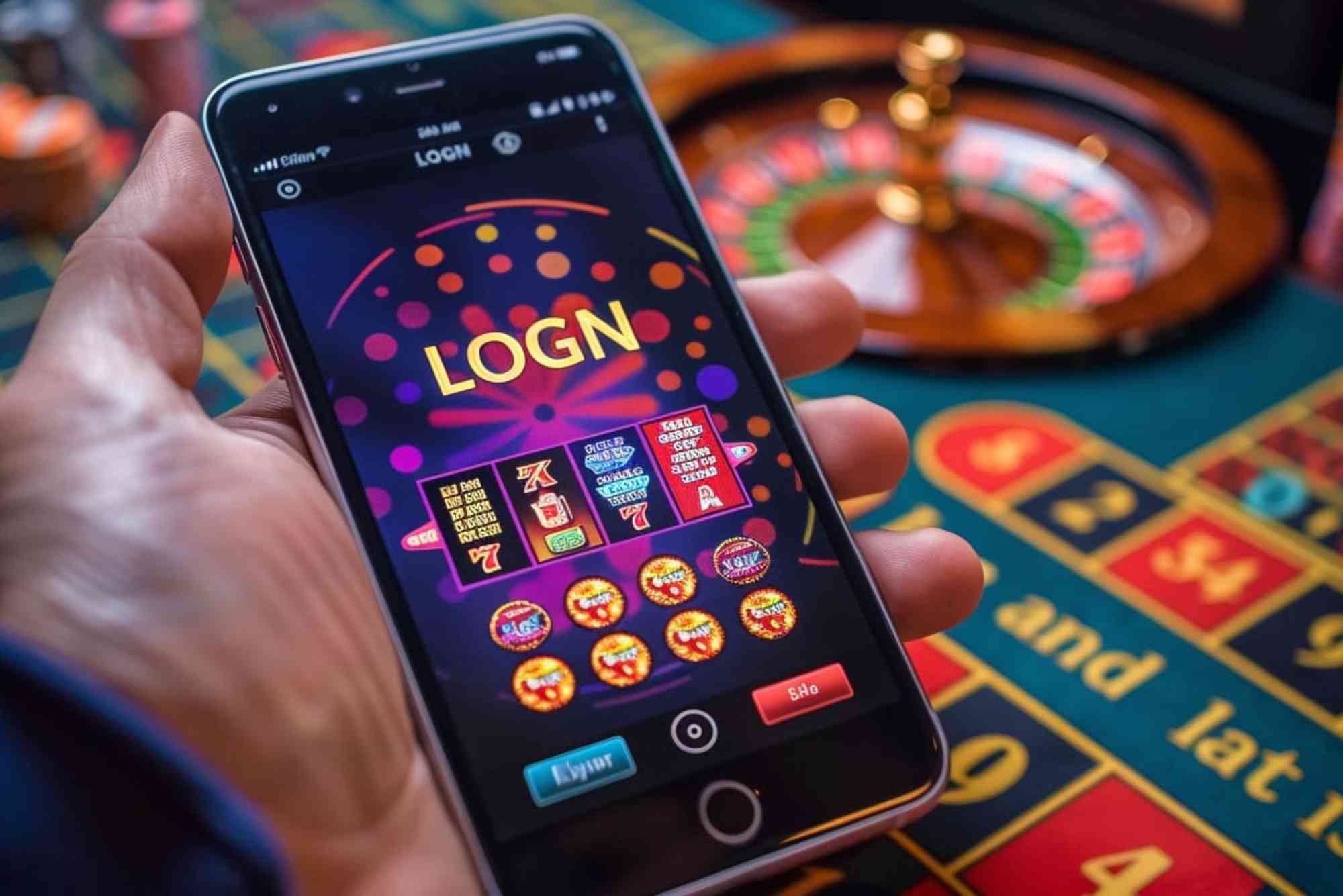Walk into any casino in the world, and you’ll notice one consistent detail: the tables are covered in colorful chips rather than stacks of bills. Whether you’re playing blackjack, roulette, or poker, chips are the universal currency of the casino floor. It might feel like tradition, but the truth is there are strategic reasons behind this system.
Casinos don’t leave anything to chance, and the use of chips instead of cash plays directly into psychology, efficiency, and control. Having spent years researching how casinos operate, I’ve come to see chips as more than just betting tools — they’re a subtle but powerful part of the gaming experience.
The Psychology of Casino Chips
One of the biggest reasons casinos prefer chips is rooted in psychology. Cash feels tangible. When you hand over a £20 note, you’re acutely aware of its value because you’ve used cash for everyday transactions. Chips, on the other hand, feel abstract. Their colorful designs, stackable shapes, and varied denominations make them appear like game tokens rather than money.
This perception shift makes it easier for players to place bigger bets or keep wagering longer. It’s a lot less painful to push forward a stack of chips than to part with crisp bills. Casinos rely on this mental disconnect to keep the games moving and players engaged.
The same principle applies online, where virtual credits replace chips. Players on non uk casinos that accept uk players often find themselves more comfortable wagering digitally because it doesn’t feel the same as spending cash directly. That separation between “real money” and “gaming currency” is deliberate, and it works across both land-based and online platforms.
Streamlining the Gaming Experience
Beyond psychology, chips also serve a practical purpose. Imagine if every roulette spin required players to put down notes or coins — it would be chaotic, slow, and error-prone. Chips make transactions fast and efficient. Dealers can quickly recognize denominations, count bets, and pay winnings without confusion.
This efficiency allows casinos to run more games per hour, which ultimately increases revenue. The streamlined system also reduces disputes between players and staff. With standardized chips on the table, there’s no question about whether a bet was £20 or £200 — the color and size of the chip speak for themselves.
Security and Fraud Prevention
Another important factor is security. Handling cash at every table would significantly increase the risks of theft, counterfeiting, and mistakes. Chips solve this problem by functioning as controlled casino currency. They are designed with unique colors, logos, and often embedded security features that make counterfeiting nearly impossible.
Casinos also maintain strict protocols to prevent theft or misuse of chips. For example, high-value chips are closely tracked, and certain denominations can only be cashed out at specific windows. If chips are stolen, they can often be deactivated or replaced with new designs, something that would be impossible with traditional cash.
Encouraging Longer Play Sessions
Casinos thrive on player engagement, and chips are central to sustaining longer play sessions. When players exchange cash for chips at the cashier or table, they mentally commit to staying in the game until those chips are either gone or turned back into money.
This system reduces the friction of constantly pulling out cash. Instead of stopping the flow of a game to visit an ATM or hand over bills, players keep wagering with chips already in front of them. The convenience subtly encourages players to remain active longer, increasing the likelihood of bigger overall spending.
Creating a Casino Atmosphere
Casinos are designed to create an immersive environment, and chips contribute to that atmosphere. The sound of chips clinking, the sight of colorful stacks, and the tactile experience of handling them all add to the excitement of gaming.
Chips also play a symbolic role. For many players, stacking high-value chips provides a sense of status or achievement. It becomes part of the social experience, where chips serve as a visible marker of success. Cash doesn’t have the same communal or visual effect in a gaming environment.
Chips and Responsible Gambling
While chips make gaming more seamless and entertaining, there’s also a growing conversation about responsible gambling. Because chips don’t feel like cash, players can sometimes lose track of how much they’ve actually spent. Casinos and regulators are increasingly aware of this, and some now offer reminders, limits, or digital systems that track chip usage.
The industry has also experimented with cashless chips linked to digital wallets, which can provide more transparency and built-in controls for responsible gambling. As casinos modernize, balancing the fun of chips with safeguards for players will be a key focus.
Online Parallels and the Future of Chips
Even in the digital age, the concept of chips has carried over into online casinos. Players rarely wager in direct currency. Instead, they buy credits or tokens that function just like physical chips. This creates the same psychological separation from cash and maintains a sense of familiarity for players transitioning from physical casinos to digital platforms.
Looking ahead, casinos may merge the physical and digital worlds even more. Innovations like smart chips with RFID technology already exist, allowing casinos to track bets in real time. Meanwhile, digital chips in online casinos can be tied to personalized data, creating targeted promotions and tailored gaming experiences.
What’s clear is that chips will remain central to casino culture, whether they’re stacked on a felt table or displayed on a digital screen.
Conclusion
Casinos don’t rely on chips out of tradition alone — they do so because chips are strategically advantageous. They make spending feel easier, streamline the flow of games, enhance security, and add to the immersive environment of the casino floor. For players, chips may seem like simple betting tools, but for casinos, they are a sophisticated way to encourage longer play, reduce risks, and increase revenue.
Whether in physical venues or digital platforms, the psychology and practicality of chips ensure they’ll continue to be a cornerstone of the gaming experience. And as the industry evolves, chips will likely adapt with new technologies while still serving their timeless purpose: keeping players engaged and the games running smoothly.



